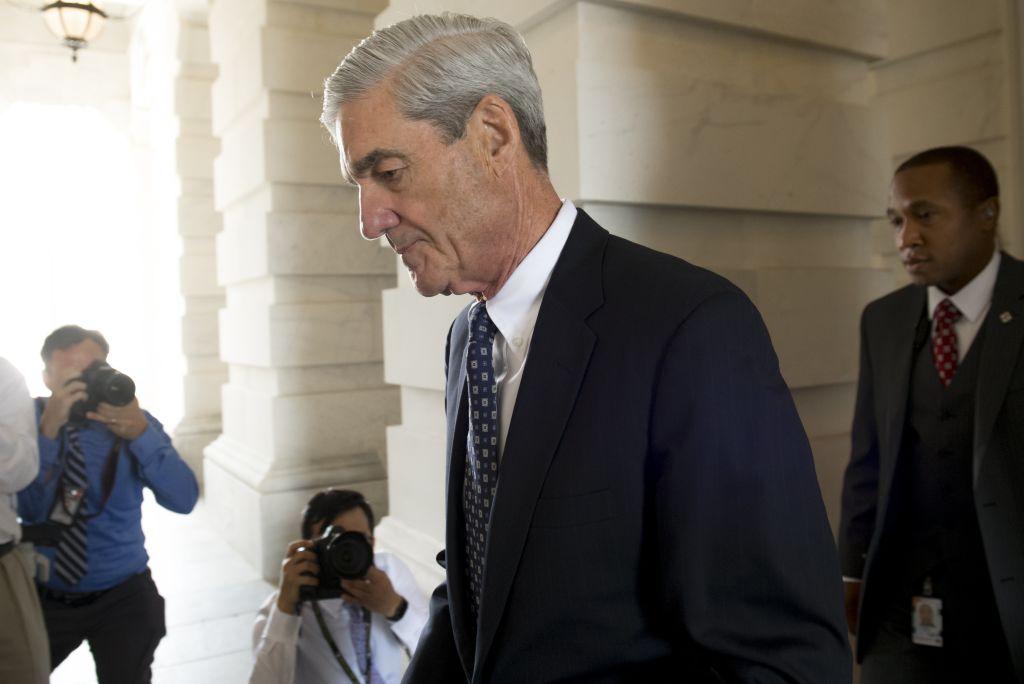Robert Mueller, the special counsel investigating whether the Trump team colluded with Russia in the 2016 elections, is now under the spotlight for his actions and financial ties related to Russia.
When Mueller was director of the FBI, the agency was investigating a Russian campaign to grow its nuclear energy business in the United States. The Hill reported on Oct. 17 that the Russian campaign was using “bribery, kickbacks, extortion, and money laundering.”





